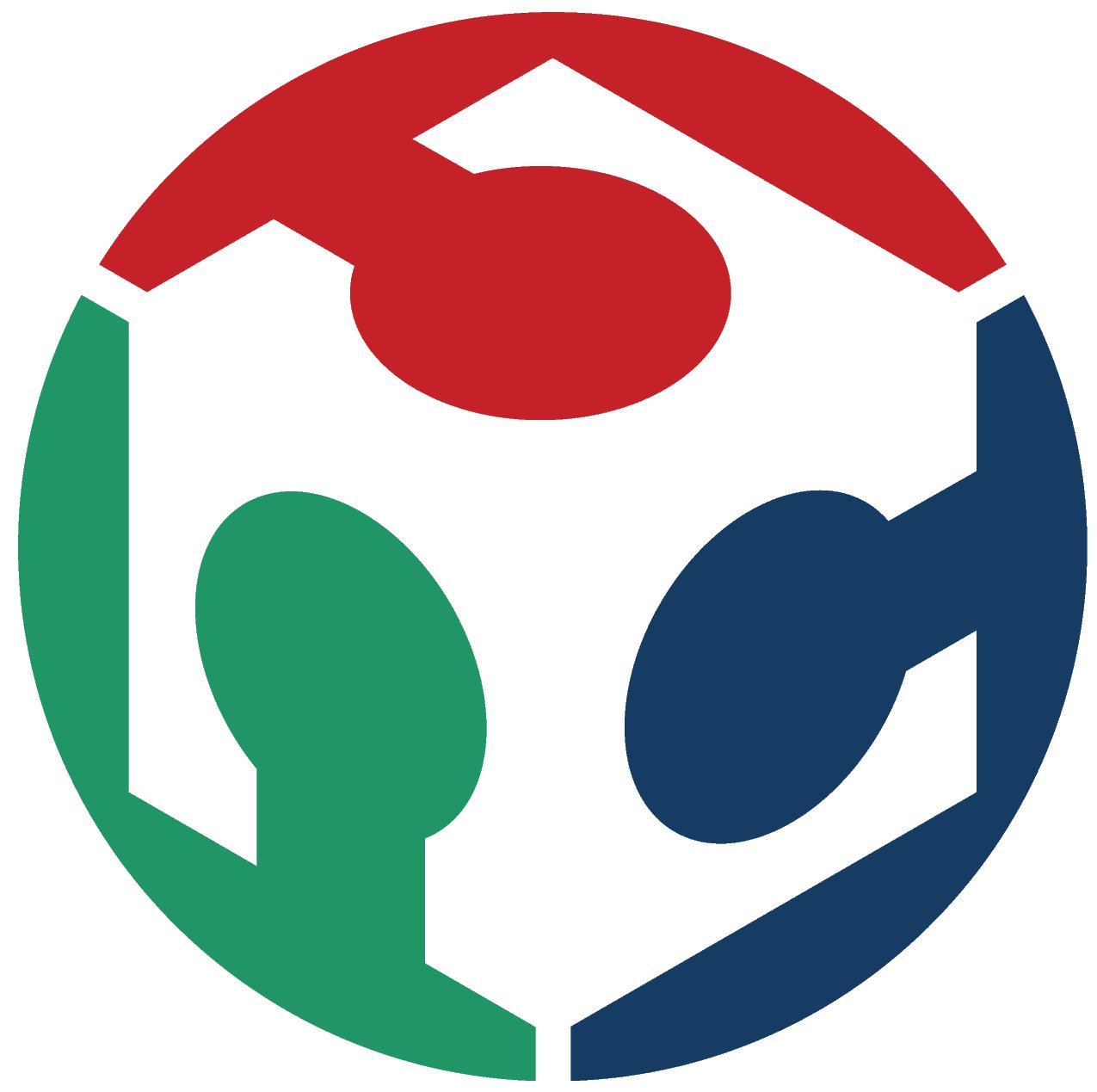Just as communications and computation have made the transition from analog to digital, laboratory research is leading to the development of fundamentally digital fabrication processes in which programs don't just describe things, they are things. Like those earlier digital revolutions, the digitization of fabrication enables its personalization, allowing anyone to make (almost) anything, anywhere. Fab labs began as an outreach project from CBA, to provide access to prototype tools for personal fabrication. They've since grown into a global network, with the number of labs doubling roughly every 1.5 years (here is the current lab list). To keep up with this growth, a non-profit Fab Foundation, for-profit Fab Fund, and educational Fab Academy are being established.
The FAB6 workshops will bring together fab-labbers from North and South America, Europe, Africa, and Asia for tutorials, hands-on projects, program discussions, and research planning in areas including field fabrication and application of analytical instrumentation for healthcare and the environment, communications infrastructure, energy, housing, and rapid-prototyping of rapid-prototyping machines. These workshops are limited by available space to 100 participants, admitted by application here, with support available to assist unfunded participants.
The symposium on August 19th will survey the science behind digital fabrication, and explore its social, economic, and educational implications. It will feature presentations from academic, government, and industry leaders, as well as grass-roots inventors and organizations. Registration is also here, again with assistance available for unfunded participants.
The agenda is:
Sunday, August 15
12:00-1:30: Lunch
13:30-15:30: Parallel Tracks
Tutorials: building communities
Operations: becoming a fab lab
Research: analytical instrumentation for healthcare, agriculture, and the environment
18:00-20:00: Dinner
9:30-10:30: Travel to Local Labs
10:30-12:30: Parallel Tracks
Projects: fab lab 2.0 hardware and software
Operations: outreach
Research: wide-area communications and computation infrastructure
13:30-15:30: Parallel Tracks
Projects: large-scale rapid-prototyping with green(er) composites
Operations: business
Research: digital fabrication processes and workflows
18:00-20:00: Dinner
9:30-10:30: Travel to Local Labs
10:30-12:30: Parallel Tracks
Projects: embedded code development, fab lab sharing system, prosthetics
Operations: education, open design and IP
Research: local energy conversion and storage
13:30-15:30: Parallel Tracks
Projects: micropower, unlimited design contest, fab lab sharing system, prosthetics
Operations: education
Research: UAVs, remote sensing
18:00-20:00: Dinner
9:00-10:30: Principles
Adam Arkin (video): Programmed Assembly of Cellular Networks
Joseph Jackson (video): DIY Biology
Tom Ran (video): Biomolecular Computers
10:30-11:00: Break
11:00-12:30: Practices
Jonathan Ward: Additive Assembly of Functional Digital Materials
Bre Pettis (video): The Robot that Sharing Built
Rhys Jones, Erik de Bruijn, Adrian Bowyer (video), : The Law and the Prophets/Profits
12:30-14:00 Lunch
14:00-15:30: Applications
Vicente Guallart: FabLab House
Matthias Kohler: Digital Materiality
Dale Dougherty (video): Makers
15:30-16:00: Break
16:00-17:30: Implications
Kamau Gachigi: development
Tim Lynch, Gorka Espiau, Pat Colgan: conflict
Jan Morrison (video): education
17:30: Fab Academy Graduation
19:00-21:00: Exhibition and Open House
projects
education
operations
rights and responsibilities
businesses
sustainability
14:00-15:30: Conclusion
16:00-19:00 Small Ships
Evening: Tall Ships
